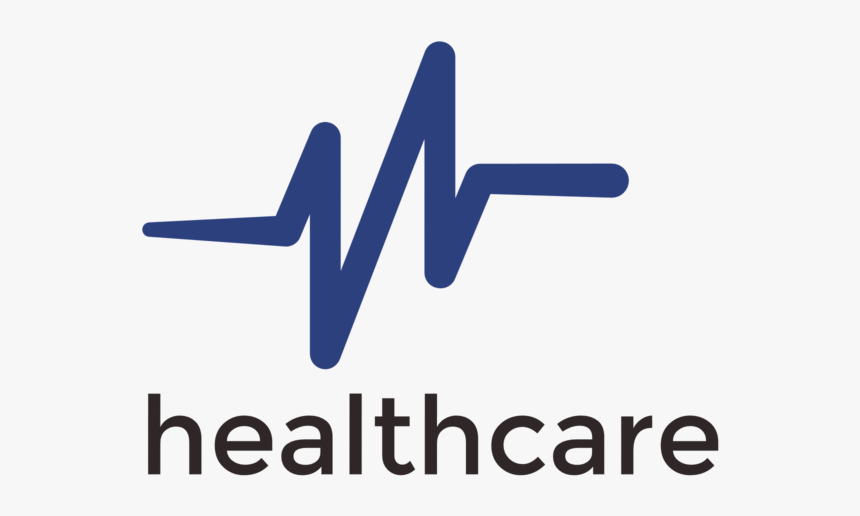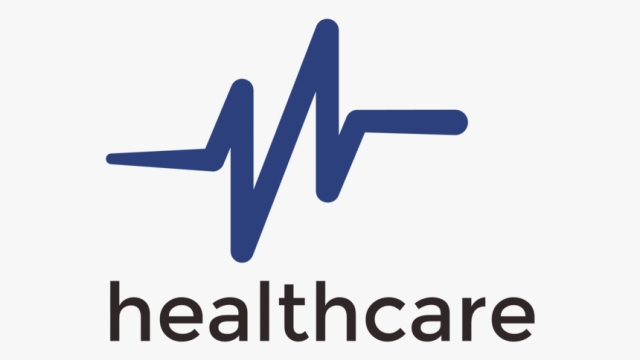Imagine a world where healthcare providers have access to cutting-edge technology that enables personalized care for every patient. A world where healthcare customer relationship management (CRM) platforms, like MediCRM.ai, revolutionize the way healthcare organizations interact with their patients. With the ever-evolving landscape of healthcare, the use of CRM systems and marketing strategies tailored to the unique needs of the industry holds immense potential. In this article, we will delve into the power of personalized care, exploring the depths of healthcare CRM and marketing and the impact it can have on patient outcomes and satisfaction. So, let’s explore how healthcare providers can harness this potential to create a lasting impact on the lives of their patients.
Enhancing Patient Engagement
In the world of healthcare, patient engagement plays a crucial role in delivering personalized care and building strong relationships between healthcare providers and patients. With the advent of healthcare CRM systems like MediCRM, the power to enhance patient engagement has reached unprecedented heights.
By leveraging the capabilities of healthcare CRM, providers can now gather and analyze extensive patient data, allowing them to gain valuable insights into individual patient preferences, needs, and behaviors. This deeper understanding enables healthcare professionals to tailor their practices and services specifically to each patient, ensuring a more personalized and effective approach to care.
With the help of healthcare CRM systems, healthcare providers can easily communicate with their patients through various channels such as email, text messaging, and social media. This streamlined communication not only improves patient satisfaction but also enables providers to proactively reach out to patients, offering them timely reminders for appointments, medication refills, and even preventive screenings. Patient engagement is further enhanced as individuals feel more informed, supported, and involved in their own healthcare journey.
Furthermore, healthcare CRM platforms like MediCRM empower patients by providing them with access to their own medical records, test results, and personalized health information. This transparency and empowerment foster a sense of ownership and responsibility towards their own health, leading to increased engagement and proactive involvement in their treatment plans.
In conclusion, healthcare CRM systems have revolutionized the way patient engagement is approached in the healthcare industry. By harnessing the power of personalized care, healthcare providers can build stronger relationships with their patients, leading to improved outcomes and greater patient satisfaction. With the advent of platforms like MediCRM, the potential of healthcare CRM and marketing in enhancing patient engagement is truly unveiled.
Improving Care Coordination
In today’s fast-paced healthcare landscape, effective care coordination is paramount. With the advent of healthcare CRM and marketing solutions, such as MediCRM, healthcare providers can now unlock the true potential of personalized care. By leveraging these innovative platforms, healthcare organizations are better equipped to streamline communication, enhance patient engagement, and ultimately improve outcomes.
Healthcare Crm Software
Enhanced Communication: One of the primary challenges in healthcare is ensuring seamless and efficient communication among various stakeholders involved in a patient’s care journey. Healthcare CRM systems like MediCRM tackle this issue head-on by providing a centralized platform for securely sharing patient information, test results, and treatment plans. This eliminates silos and enables real-time collaboration, allowing healthcare professionals to easily communicate and consult with one another. The result? Efficient care coordination that eliminates unnecessary delays and improves overall patient care.
Empowered Patient Engagement: Engaging patients in their own healthcare journey is crucial for achieving positive outcomes. With MediCRM’s robust healthcare marketing capabilities, providers can now personalize and tailor their communication to individual patients. By sending targeted reminders for appointments, medication adherence, and preventive screenings, healthcare organizations can ensure patients remain actively engaged in their own care. Moreover, using MediCRM’s data analytics features, providers can gain valuable insights into patient preferences and behaviors, allowing for more effective and personalized communication strategies.
Streamlined Referral Management: Referrals play a vital role in the healthcare ecosystem, but the process can often be complex and inefficient. Utilizing a healthcare CRM, like MediCRM, simplifies and streamlines the referral process. Providers can easily track and manage referrals, ensuring that vital information is shared accurately and promptly between referring and receiving providers. This seamless coordination facilitates smooth transitions of care, reducing the risk of medical errors, and optimizing patient outcomes.
By embracing healthcare CRM and marketing solutions, healthcare organizations have an unprecedented opportunity to transform care coordination. Through enhanced communication, empowered patient engagement, and streamlined referral management, MediCRM and similar platforms empower providers to deliver personalized care that is efficient, effective, and patient-centered. The power of personalized care is within reach, and it’s time for healthcare providers to unlock their full potential.
Personalizing Healthcare Experiences
In today’s healthcare landscape, the power of personalized care cannot be overlooked. Healthcare CRM, such as MediCRM.ai, is revolutionizing the way healthcare providers connect with and serve their patients. By leveraging the capabilities of healthcare CRM platforms, providers are able to create customized experiences that cater to the unique needs and preferences of each individual.
With healthcare CRM, providers can gather a wealth of patient data, ranging from medical history and treatment plans to personal preferences and lifestyle choices. This data can be used to gain valuable insights into patients’ health journeys and tailor services accordingly. By understanding patients on a deeper level, providers can offer personalized treatment options, targeted health education, and timely interventions.
Furthermore, healthcare CRM enables providers to deliver targeted marketing campaigns. By leveraging the power of data analytics and segmentation, providers can identify specific patient populations to engage with relevant and timely messaging. Whether it’s promoting preventive care or informing patients about new services, healthcare CRM helps foster meaningful connections and improve overall patient engagement.
But the power of personalized care doesn’t stop with patient interactions alone. Healthcare CRM also empowers providers to optimize internal operations and workflows. By streamlining administrative tasks, managing appointments, and automating routine processes, providers can enhance efficiency and focus more on delivering high-quality, personalized care to patients.
In conclusion, healthcare CRM, such as MediCRM.ai, unlocks the potential for personalized care in the healthcare industry. With its robust capabilities, providers can gather valuable patient insights, deliver targeted marketing campaigns, and optimize internal operations. By embracing healthcare CRM, providers can create meaningful connections with patients, improve patient outcomes, and ultimately transform the healthcare experience.

